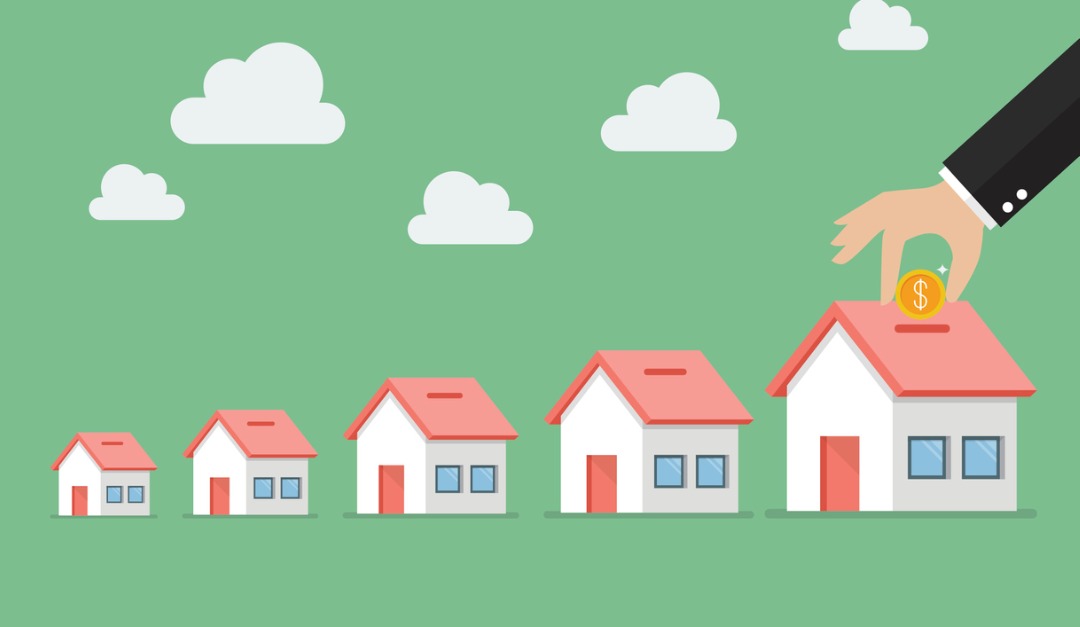When searching for a home, many people focus on how a house they’re looking at would compare to those owned by their family and friends, rather than focusing on their own needs and budget. Buying a bigger house than you currently need might make sense if you plan to expand your family in the near future, but if you’re driven by a desire to fit in or to impress other people, you could come to regret your decision.
Problems You Could Encounter With a Large Home
There are many costs associated with owning a home, and they’re usually higher with a larger house. In addition to an expensive monthly mortgage payment, you could expect higher homeowners insurance and property tax bills. A bigger house would cost more for electricity, heat, air conditioning, maintenance, repairs and renovations. More and larger rooms would mean more cleaning, either for you or for someone you hired.
A house might be spacious and beautiful, but you should ask yourself if your family would actually use all that space. Having extra bedrooms might not be worth the additional monthly expense if you rarely host overnight guests.
If you had empty rooms, you would most likely feel compelled to fill them. You might spend thousands of dollars on furniture, carpets, lighting and other accessories you wouldn’t have otherwise purchased, on top of all your other expenses.
Those costs might be within your budget now, but think about what your financial situation could be like down the road. If you had kids in the future, your regular living expenses would increase and you’d have to factor in saving for their college education as well as your retirement.
A large house might be beautiful and even within your price range, but consider the location. A house located far from your workplace could result in a long, stressful commute and leave you with little time to enjoy relaxing at home. Not being close to family and friends or not having local resources that are important to you nearby could make you wish you had chosen a home elsewhere.
When looking at any house, you should consider its future resale value. Even if you plan to stay in a house after you retire, your circumstances and priorities may change. A huge house might not appeal to prospective buyers looking to downsize, limit their impact on the environment or keep their living costs down. You might have a hard time selling your dream house and getting back what you paid for it.
Don’t Choose a House Based on Other People’s Opinions
If your family members and friends have spacious and luxurious homes, you may feel pressure to buy a house that will impress them. Buying a large home might earn their approval and admiration, but that wouldn’t be much consolation if you struggled to pay your bills and maintain that image.











